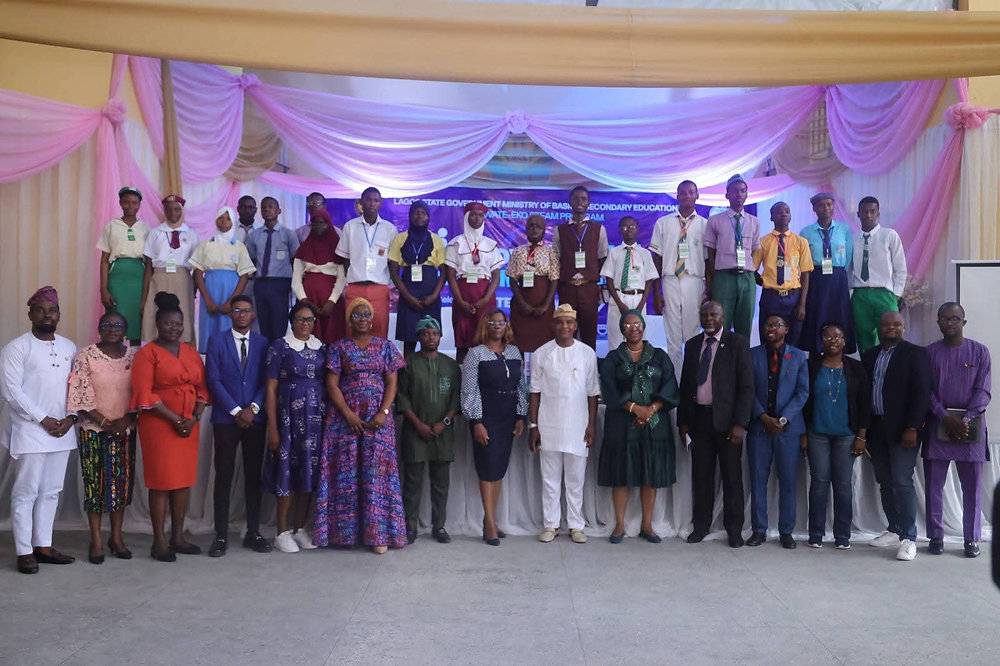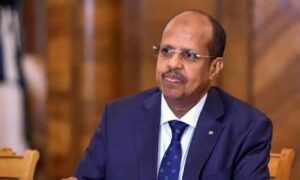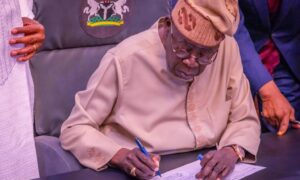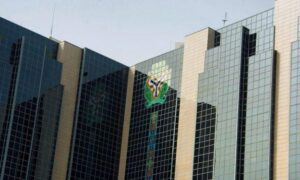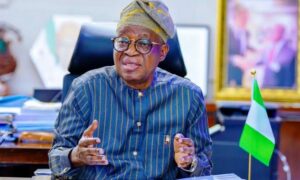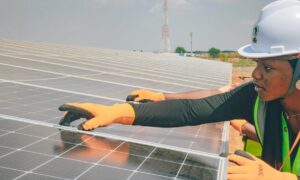By Kayode Sutton
Poised to transition Lagos from a consumption-based economy to a productive, innovation-driven one, the Lagos State Government has adopted the Science, Technology, Engineering, Arts, and Mathematics (STEAM) programme to promote education and skill acquisition in science.
Marking the second edition of the Innovate Eko STEAM Day at the Government College, Lagos, Eric-Moore, recently, the Office of the Senior Special Assistant on Basic and Secondary Education, Lagos State Ministry of Basic and Secondary Education, held a sensitization exercise aimed at promoting and integrating creativity and critical thinking into STEAM education.
Speaking at the event, the Honourable Commissioner for Basic and Secondary Education, Mr. Jamiu Alli-Balogun, highlighted the importance of collaboration, accessibility, career guidance, and educator support in harnessing technology to drive societal change and equip students with problem-solving skills. “Our focus in Lagos State is on having science-oriented students. In the past three years, we have prioritized recruiting science-oriented teachers because we believe that the future starts from now.” Alli-Balogun stressed.
He disclosed that the State is not just ensuring improvement in teaching and learning outcomes, but is committed to nurturing students who are confident, courageous, and who can define their career paths while still in school. Recounting the State’s achievements in STEAM education, the Permanent Secretary of the Ministry of Basic and Secondary Education, Mrs. Abisola Dokunmu-Adegbite, dis- closed that the Ministry has witnessed a 25% increase in enrolment of STEAM subjects in participating schools.
The Permanent Secretary revealed that Lagos State has dominated in STEAM education nationally, with its students winning top spots in the National Engineers and Scientists Competition organized by the Federal Ministry of Education.
She disclosed that in the 2024 High State Assessment, 70% of tracked primary school girls scored 70% or above in STEAM-related subjects. “This is a testament to our success in dismantling barriers and engaging our young girls as future scientists and engineers”, she stressed.
Mrs. Dokunmu-Adegbite disclosed further that since 2021, Lagos State has successfully developed over a hundred students’ innovations, including prototypes for green energy and AI-driven tools. She added that about 30% of these innovations had advanced to the patent stage through dedicated funding from the Lagos State Research and Innovation Council.
She noted that these researches are not just statistics, it is proof that the youth are prepared for global issues, from climate change to digital development. “This search is interesting as it directly correlates to the Ministry’s shift, through enquiry-based, hands-on delivery and funding of student-led projects that tackle our local challenges, like urban sustainability and digital inclusion.” She stated.
Mrs. Dokunmu-Adegbite further affirmed that the successes recorded so far are direct results of the commitment of Governor Babajide Sanwo-Olu, whose T.H.E.M.E.S + Agenda positioned Education and Technology at the heart of sustainable development.
Renowned educationist and former Executive Secretary of the National Universities Commission (NUC), Professor Peter Okebukola, called for a complete overhaul of teaching and learning methods in Nigeria, insisting that the future of African development lies in a robust Science, Technology, Engineering, Arts, and Mathematics (STEAM) ecosystem.
Delivering a keynote address at a high-profile education summit in Lagos themed “Rethink, Recycle, Innovate,” Prof. Okebukola declared that “STEAM education demands that we rethink outdated pedagogies, recreate collaborative learning ecosystems, and innovate with technology to empower the next generation of African problem-solvers.”
The elder statesman emphasized that the integration of Arts into traditional STEM subjects is no longer optional but imperative, as it fosters creativity, critical thinking, and cultural relevance—qualities he described as “the missing spark in Africa’s innovation engine.”
He challenged policymakers, school owners, and teachers to move away from rote learning and examination-driven systems toward hands-on, project-based, and technology-driven classrooms where students solve real Nigerian and African problems.
Speaking earlier, Mr. Opeyemi Eniola, the Senior Special Assistant on Basic and Secondary Education, and Convener of the programme, affirmed the demonstration of Lagos State in tackling challenges and preparing children for the future, adding that the platform aimed at inspiring creativity, encouraging problem-solving, and celebrating the ingenuity of our students.
The Senior Special Assistant maintained that students have the opportunity to unveil their groundbreaking talents and inventions, cutting-edge research, and innovative ideas. With the theme “Recycle, Rethink and Innovate”, Panellists at the programme prioritized recycling and getting creative with upcycling, creating opportunities for students to explore innovation, science, and technology, and developing solutions to real-world problems.
The event, which was done in collaboration with the Lagos State Environmental Protection Agency (LASEPA), featured a panel session from renowned environmental experts from the education sector, the private, and public sectors.
Kayode Sutton
Deputy Director, Public Affairs, Ministry of Basic and Secondary Education.


